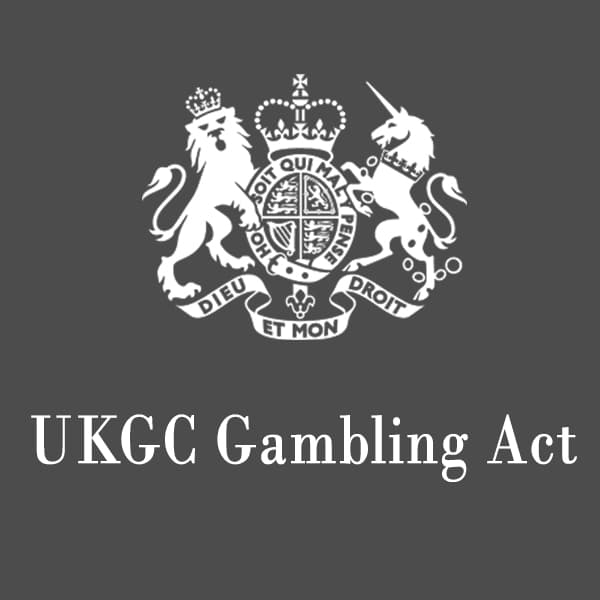In hindsight, the United Kingdom gambling industry was most likely erroneously optimistic about the outcome of the government’s legislative framework review all throughout the summer. Fears of considerably harsher regulations regarding affordability, as well as talk of potentially devastating spending limits, seemed to diminish as then minister John Whittingdale appeared to be casting a kindly eye on the data presented to him throughout the consultation. Furthermore, it appeared that a crisis had been averted with the departure of UK Gambling Commission chairman Bill Moyes, who took with him the hapless chief executive Neil McArthur. However, the UK government upheaval added a new layer of uncertainty, which, it’s safe to assume, has thrown the business off again.
The choice to move on John Whittingdale and Oliver Dowden (and replace the latter with Nadine Dorries) was an instance of unanticipated timing, in the very least mentioned Dan Waugh at Regulus Partners put it after the move.
Waugh commented regardless of one’s political leanings, Whittingdale had better claims to competence on gambling regulation than others in this regard for having served on the Gambling Bill’s scrutiny committee as the chair of the Culture Select Committee’s study in 2012 and 2013 and acting as Culture Secretary from 2015 to 2016.
Last Monday, the government insisted that the white paper on the government’s ideas will be released later this year. But as NonstopCasino.org says this will not influence non-UK regulated online casinos. But now there is a double threat. To begin with, there will be more delays while the new minister learns to know the brief. Second, the shift at the top could portend a less rosy outlook for the sector.


It is a good time, then, for the newly installed co-chair of the Parliamentary All-Party Betting and Gaming Group, Blackpool South MP Scott Benton, to initiate an inquiry into the competence and efficacy of the UK Gambling Commission.
The involvement, according to Steve Donoghue, a consultant in the sector who also serves as the APBGG’s secretary, was a hint that the industry can still count on support from some corners in the House of Commons. This is an important source of solidarity.
In his own words, he stated he was “saddened” by Whittingdale’s departure, but that the APPGG’s concerns were more regarding the UKGC’s recent behaviour.
Affordability Check
The danger is that a complicated subject will be reduced down to an oversimplification, either by the regulator or by the legislation, resulting in unwarranted intrusions on the customer. This will bring down the total gambling experience and is expected to affect the market. Experian has made an attempt to apply.
Charles Cohen on Affordability Check
Department of Trust, a new venture from Charles Cohen, ex-founder of Probability and most recently at IGT, is the latest to try to untangle the knottiest of problem areas.
His idea is to employ Open Banking to enable a third-party data source that consumers can trust while also allowing operators to ask about the source of funds and acquire a more nuanced perspective of whether a certain player can afford their gambling levels. He explicates with a wonderful analogy that they currently use a fire extinguisher system, but he believes a smoke detector method is required for the desired results. People should be ready to agree to affordability checks while they register, similarly as they agree to give up other important information such as their bank account, passport, or driver’s license.
According to Cohen, the challenge for a company like the Department of Trust is persuading legislators and regulators that the technology exists to make affordability tests work for everyone. He goes on to say that he hopes a system like the one his company is proposing will “normalise” affordability.
Steve Donoghue on Affordability Check
Donoughue is concerned that such developments may be too late. He claims that the UKGC has already begun “acting ultra vires” by imposing intrusive and onerous affordability measures without the benefit of any legislative review.
Donoughue further elaborates they were particularly worried that the UKGC was forcing constraints on operators by the back door, despite being aware that their goal to place statutory loss limits had been overtaken from before. They knew of operators who have been urged in their reviews to set monthly restrictions of £500 to £600.
Conclusion
Cohen says that arbitrary or mandatory loss limits would obviously be a horrible thing and would not contribute to fixing the business situation. However, if operators were permitted to take a true risk-based methodology, like they had done with AML, and thereafter get access to services like theirs, they might be able to move the discourse away from overarching blanket restrictions toward a customized strategy.
The incoming cultural minister, Chris Philp, who has taken over Whittingdale’s mandate, will continue to face these disputes. One hopes that somewhere in the files there is a stick-on note detailing the government’s position on affordability testing, as well as a caution about the regulator going too far.
















